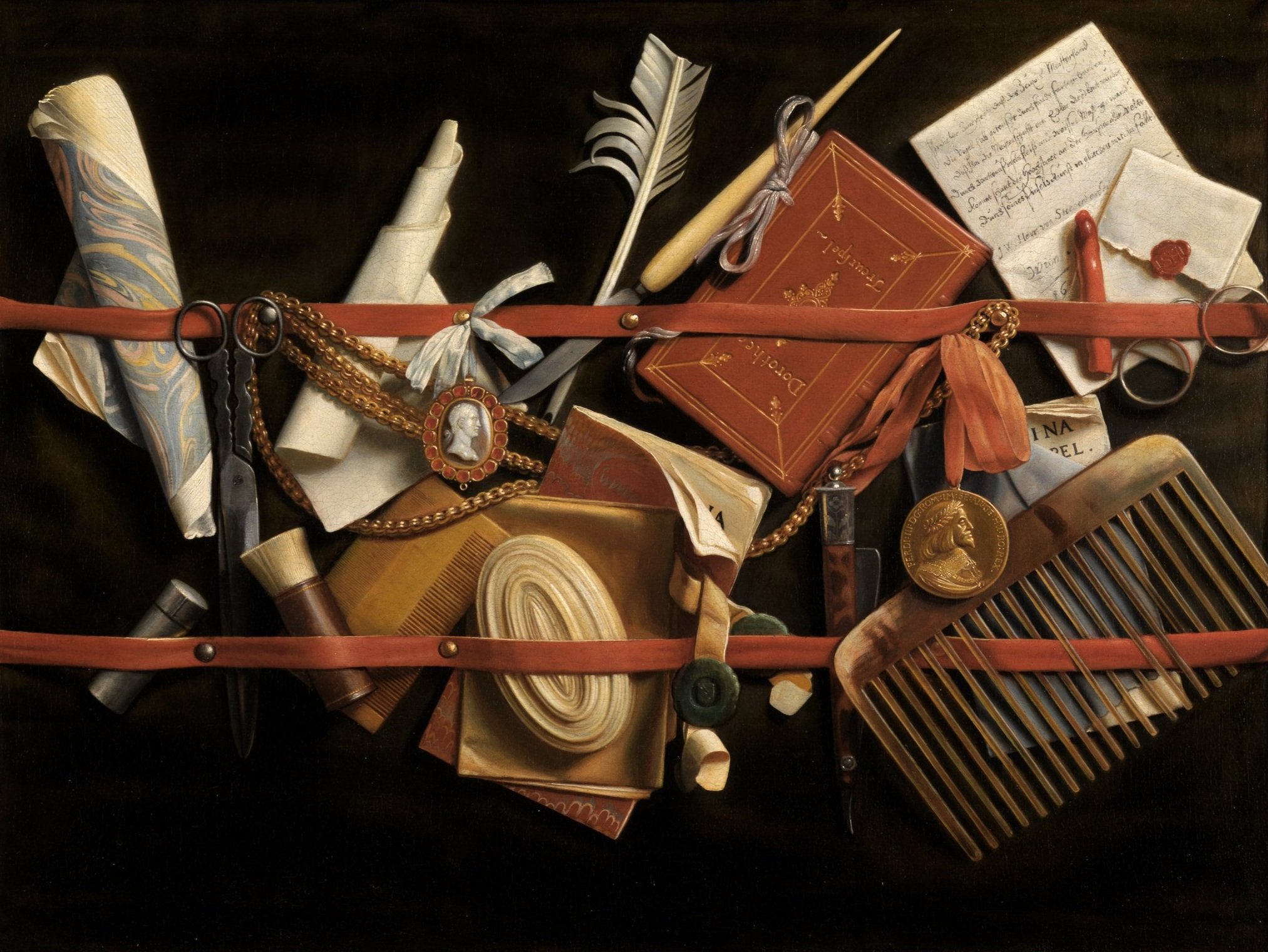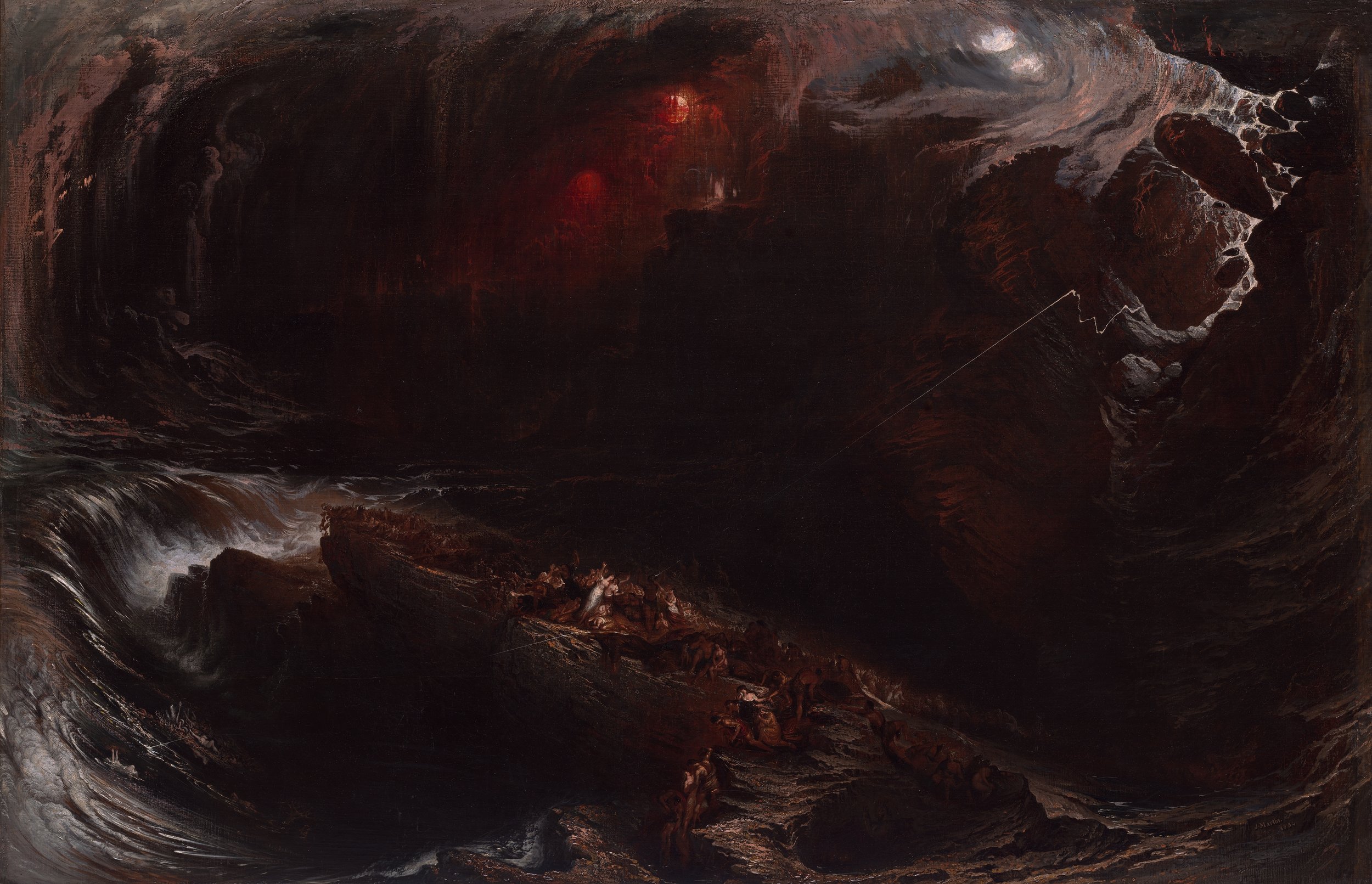Memoir of an Unremarkable Life

Memoir of an Unremarkable Life
Elizabeth Oldfield
On the Worth of a Single Story
I am sitting in a musty seminar room at an evangelical theological college, trying to focus. It is the end of an exhausting week of literary festivals and being interviewed by newspapers about a book I’ve written, and I’m here because a friend invited me. I shift nervously in my chair. It is unclear how this group is going to receive me, because they are not the audience I was writing for.
I’m distracted by a young woman in the front row who bought a copy before we started and is now flicking through the pages. I am trying to concentrate on the interview questions my friend is asking, but out of the corner of my eye I watch the young woman read the table of contents, then open the book three quarters of the way through. From the thickness of the pages, I know which chapter she has skipped ahead to, and therefore what she is about to read. And there it is, right on cue. Her eyebrows jump up, disappearing under her glossy fringe, and her gaze shoots up involuntarily to meet mine, then skitters away. I have caught her attention because (in a chapter in which I attempt to defend the Christian sexual ethic) she has just read some extremely frank sentences about my sex life.
I never set out to write about myself. I have lived, in most ways, an unremarkable life: a happy childhood, a solid but not stellar educational and career path, marriage, children. I am neither a general, president, nor celebrity, the obvious fodder for biography. I have suffered no major trauma or extraordinary luck, which are often the focus of memoirs. And yet. I find myself in the midst of promoting a book that contains, among all the ideas, a lot of my life.
I am not alone. While life writing itself is the opposite of modern (see Thucydides, 424 BC; Augustine, AD 397; Margery Kempe, AD 1440), this century has seen an explosion of memoirs. As part of a broader literary trend away from fiction, narrative nonfiction rooted in real lives has become a far more visible genre. Writing courses have sprung up to help anyone tell their story. It is good business. But, like one archetypical life writer of my generation, I can’t help but wonder: What is all this doing to our souls?
In an age of over-sharing influencers doing not just “get ready with me” videos but also “come to my Pap smear with me,” I feel the challenge. There is an unavoidable whiff of hubris, a claim on an audience’s attention not just to a piece of art but to me. At times, I have felt like an obnoxious school kid on stage, jazz-handing my way to narcissism.
This fear of pushing myself forward—drilled bone deep through my British, female, Christian formation—had to be overcome. I knew the book I needed to write, the one that was mine, prepared in advance for me. English poet Ted Hughes said in his poem, “The God”:
The story that has to be told
Is the writer’s God, who calls
Out of sleep, inaudibly: “Write.”
I hoped, of course, that the story itself was not my God, but I knew the pull of it. The project I felt led to was always going to be a challenge. My vocation has been to translate the treasures of the Christian tradition to those outside of it, telling a better story of my faith than the terrible one too many have received. Especially now, with the world so fragile and with so many spiritually seeking, I felt compelled to get this medicine into as many mouths as possible. And a spoonful of memoir, it seems, helps the medicine go down.
My first book proposal contained none of me. My straight-talking, deal-making agent, herself resolutely nonreligious, called me on it. “If you want people to listen to you, Liz, they need to trust you. They can’t trust you if they don’t know who you are.” She’d bravely backed a mainstream book packed full of theology but knew it would be a hard sell for most of the audience I wanted to reach. Successive drafts contained more and more personal essay, and I found my early readers connecting most powerfully with those sections. The breakthrough moment was when I realized I was doing that most old-school church lady of things: giving my testimony.
As much as I love Auden, I think he is wrong. Some life writing may lack integrity, but the practice itself is not dishonorable. I believe every life is of equal value, inalienably sacred and miraculous. My anthropology says that every human being is fascinating, not just the generals and presidents. Every life is a reflection of divine love.
Attention is formation, and it matters which lives we pay attention to. We intuitively know that the fashion world’s obsession with thinness over the generations has formed us. It has shaped the imaginations of women, in particular, into believing their beloved, God-given bodies are wrong, illegitimate, less than. The same effect can be traced in racial representation. We are image-and-story-shaped creatures, scanning the world for materials with which to make a self. The more access we have to the glorious particularity and diversity of creatures, the more likely we can do that healthily and feel welcome in the world.
In the same way, if the only people deemed worthy of writing about their lives are the rich, powerful, or unique, we are continually reinforcing a status hierarchy that excludes most of us. At a certain point, those come to seem to be the real lives, the important lives. In contrast, our ordinary, out-of-the-way ones, defined by struggle and faltering attempts to grow in care, creativity, and faithfulness, seem like no big whoop.
Not to mention that the status hierarchy sitting behind all these systems is antithetical to the kingdom I am trying to live in. Jesus shows remarkably little interest in the rich and powerful. His attention is usually on the outsider, the person in any group everyone else is avoiding. He wants to know the story of the disgraced man hiding in a tree, the victimized woman by the well, those excluded because of their disabilities. He seems to agree with Marilynne Robinson that those with “ordinary” lives are worthy of our attention:
When I think about the ordinary—and that’s a word apparently that I use a lot—I think about the strange miracle of one’s self-ness. When I’ve been away from home for a while, I come downstairs in the morning and I put together what I consider to be the perfect breakfast, which has a lot to do with toast and butter. Combining the sense of the ordinary or the habitual with the sacramental—that’s very strong in my mind.
Through reading Robinson, whose focus on everyday lives is summed up in her quote, “the resurrection of the ordinary,” I came to believe that no person is unworthy of our attention. This meant spending some time with the “miracle of my self-ness” was not necessarily hubris or attention seeking but part of my calling to communicate. It could even be a holy endeavor. Writing about my life was not a claim to personal importance but to humanity’s. As I built my tolerance for it, gradually overcoming the inner cringe, I repeated this to myself. And the more I did it, the more I realized it could also be a gift to others.
There is a paradox that comes up a lot in writing courses: The most particular is the most universal. James Joyce said it, and versions of this sentiment seem to show up all over. The more specific, detailed, and granular you can be about your experience, the more likely you are to make emotional contact. It is a strange thing, the way generalities wash over us—big, theoretically powerful concepts like love and grace and grief become powerless clichés. Untethered from a life, we struggle to connect. But in context, even in one radically different from our own, they can land. The psychotherapist Carl Rogers put it like this:
There have been times when . . . in my writing, I have expressed myself in ways so personal that I have felt I was expressing an attitude which it was probable no one else could understand, because it was so uniquely my own. . . . In these instances I have almost invariably found that the very feeling which has seemed to me most private, most personal, and hence most incomprehensible by others, has turned out to be an expression for which there is a resonance in many other people. It has led me to believe that what is most personal and unique in each one of us is probably the very element which would, if it were shared or expressed, speak most deeply to others. This has helped me to understand artists and poets as people who have dared to express the unique in themselves.
I would still struggle to describe myself as an artist or a poet, but I knew I wanted to be creating resonances like these. I longed for the moment when my work made another person feel the sweet relief of recognition. To provoke a response like “I thought I was the only one who felt that” is profoundly humanizing. I have experienced it, in novels as well as memoirs—that single electric sentence that pulls taut the thread of our shared humanity with a twang. Contact. At its best, rigorously honest life-writing drops into the unavoidable interiority of our consciousness and, just for a second, reveals it for what it is: woven with others, with life. Intertwined with Love.
Rigorous honesty is the kicker here. We have not been trained for it. Radical candor might be in fashion, but, in reality, the temptation to make ourselves look better than we are is still strong.
This temptation leads to bad writing. I knew that an expedient version of my experiences, carefully excised of my mistakes, would slide past the reader. It would be indistinguishable from the deluge of cautious, surface-level content. I was seeking to express something “unique in myself,” encouraged by Rogers, but it did take all my daring. Some days, it felt terrifying. Being honest about how we feel, think, and believe necessarily reveals our failures and highlights our differences. And differences so easily divide us. Bland generalities and tidied up selves might bore us, but they can be the polite fictions that help us tolerate each other.
I came to realize that making emotional contact with some, creating the twang of shared humanity, would inevitably come with a cost. All creativity takes courage, but writing about our lives carries relational risk too. People who I had assumed I was tribally aligned with, or in agreement with about most things, would see the more complex truth. I was putting to death the amenable, somewhat chameleonic self that most of us learn to present in public and revealing a particular, unique, and evolving creature. As I tried to tell the truth about my experiences, I knew it would not be to everyone’s taste. Margaret Atwood’s poem “Heart” about the vulnerability of personal writing hovered in my mind:
the still-alive past, whole on the plate.
It gets passed around. It's slippery. It gets dropped,
but also tasted. Too coarse, says one. Too salty.
Too sour, says another, making a face.
Each one is an instant gourmet,
and you stand listening to all this
in the corner, like a newly hired waiter
I also risked upsetting people, not only because of what my writing revealed about me, but also how I presented them. There is no such thing, for most of us, as an isolated narrative. I might be telling my story, but I couldn’t help straying into theirs. Though I tried to take Anne Lamott’s bracing advice to heart—“If people wanted you to write warmly about them, they should have behaved better”—I shied away from anything even mildly critical. This constraint meant paragraphs fell flat. Diplomatic characterization simply introduced two-dimensional characters into a three-dimensional narrative world.
Another land mine to navigate: the fragility of memory. Some key beats in my story stood out, but I struggled to clean up the chronology. Was I 14 when I prayed that prayer? 25 when I lost my faith? What is an acceptable margin of error? Does the audience even care? The contract with a reader of life writing is a complex one. They don’t want you to flagrantly make things up (James Frey’s A Million Little Pieces crossed the line), but they also want you to weave a good yarn.
Sometimes, my storytelling instincts fought with the facts—my dark night of the soul would have more narrative impact if it had been years, not months. Surely, I could fudge it? As Frank Kermode said, “My belief is that the honest truth, insofar as this suggests absolute fidelity to historical fact, is inaccessible; the minute you begin to write it you try to write it well, and writing well is an activity which has no simple relation to truth.” I didn’t fudge it, but I did accept that I was not writing history, just telling my story as I remembered it. I asked my editor to add a disclaimer, just in case.
Eventually I relaxed. Dancing around the land mines was exhausting. Hughes’s God of the story (and actual God, I hope), needed to be in charge, not my fear. I decided it would be a waste to spend years sweating over a timid and apologetic book.
At the end of the session at the theological college, the young woman with the fringe made her way toward me. I lightly braced myself, some part of me afraid of being called a Jezebel. Instead, she praised the book’s honesty and courage and ended by saying, “My experiences are really different from yours, so it’s funny, because”—and I knew this was coming—“it somehow made me feel seen.”
Elizabeth Oldfield
Author & Podcaster
Elizabeth is the host of The Sacred Podcast & Author of Fully Alive: Tending to the Soul in Turbulent Times.
Painting by Samuel Van Hoogstraten




